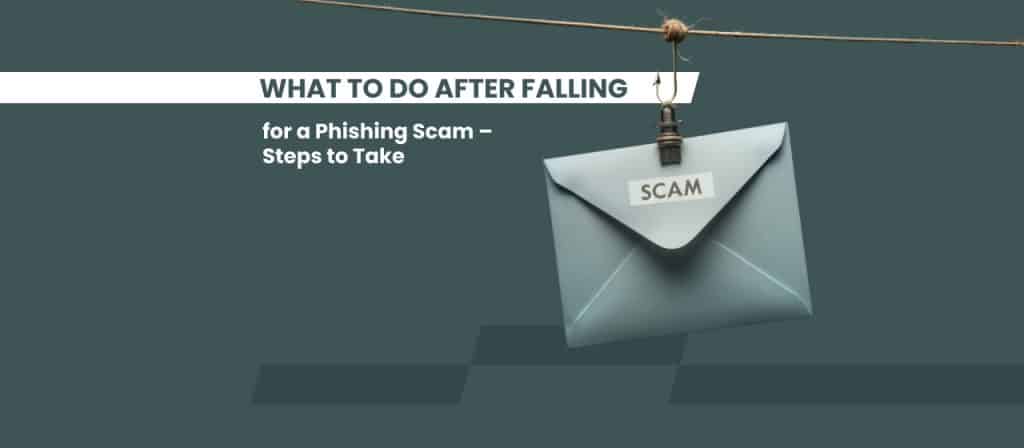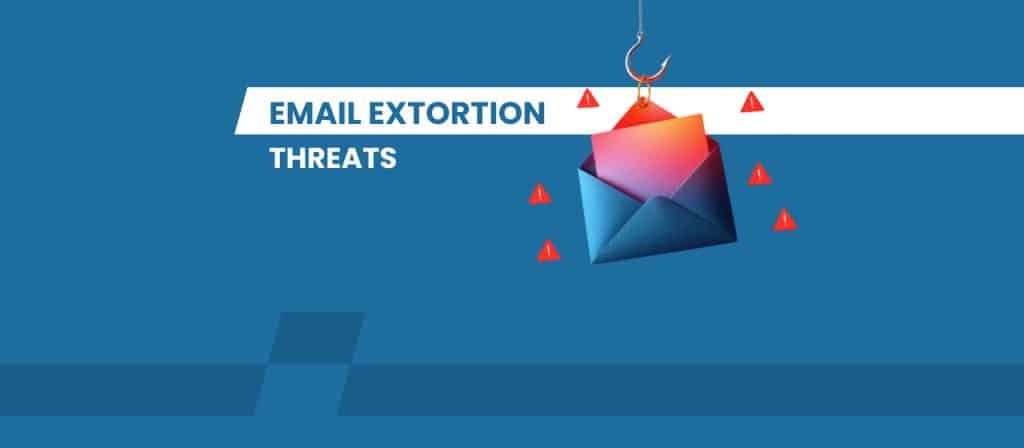Cybersecurity Consultant & Internal Security Educator
“Cybersecurity is a team discipline. I help organizations make it part of their daily habits.”
Laurent Kessler
Laurent Kessler is a cybersecurity strategist and technical advisor with over two decades of international experience. He designs, teaches, and operationalizes threat response processes inside organizations. His focus is on turning complex security theory into actionable internal systems. He prepares teams to respond effectively to both technical breaches and human-driven cyberattacks.
His approach is grounded in real-world practice. He has trained dozens of analysts, authored internal playbooks used across industries, and developed protocols to handle everything from insider threats to identity-based scams and targeted blackmail attempts.
Expertise
Laurent’s work lies at the intersection of digital threat defense, team education, and secure operations design. His key strengths include:
-
Incident response planning and live-scenario preparation
-
Internal security training for technical and non-technical staff
-
Development of SOPs and investigation workflows for digital threats
-
Recognition and mitigation of impersonation-based attacks, extortion, and fraud
-
Cross-border threat advisory for multi-jurisdictional cases
While his primary focus is on system security and operational resilience, Laurent has also contributed to frameworks addressing online fraud tactics, including sextortion, catfishing, and identity abuse, especially in cases where criminals operate outside U.S. jurisdiction.
Current Role
As an independent cybersecurity consultant and internal educator, Laurent supports private investigative teams, corporate security departments, and advisory groups. His role includes:
-
Designing in-house training programs for threat analysts and response teams
-
Advising on playbook creation for digital blackmail, data breaches, and identity-based abuse
-
Conducting tabletop exercises that simulate crisis events under realistic conditions
-
Helping teams build practical, repeatable responses to both technical compromises and psychological threat campaigns
Career Journey
Laurent’s cybersecurity work is informed by rigorous education and field exposure to evolving global threats.
-
Université de La Rochelle (France)
M.Sc. in Applied Computer Science, 2004
Focused on decentralized systems and cryptographic security. His graduate thesis explored behavioral vulnerabilities in distributed digital networks. -
Hong Kong (2005–2011)
Worked with a regional financial security firm as a penetration tester and risk assessor. Later led threat modeling for emerging social-engineering scams, especially those targeting cross-cultural and expatriate communities. -
California, USA (2012–2017)
Served as a senior architect for a cloud infrastructure company. Led internal response operations during major ransomware campaigns. Co-developed early frameworks for digital extortion handling and internal crisis containment. -
Indianapolis, USA (2018–present)
Works closely with U.S.-based investigation teams and security consultants. Provides internal guidance and training. Focuses on developing threat response cultures inside organizations, not just technical fixes.
Training & Internal Tools
Laurent’s work is embedded in company handbooks, simulation labs, and internal toolkits. Notable contributions include:
-
“Digital Response Under Pressure” – A hands-on training series for analysts and client-facing staff
-
“SecureOps: Internal Playbook Toolkit” – Used by companies in regulated industries to build and maintain response SOPs
-
“Behavioral Threat Recognition” – A structured guide for identifying impersonation-driven threats, including romantic fraud and extortion patterns
Professional Values
Laurent believes that effective cybersecurity is a balance of discipline, empathy, and clarity. His methods combine real-time insight with structured frameworks that teams can trust and apply.
-
Clarity. Everyone in the organization should know how to act under threat.
-
Accountability. A process only works if someone is responsible for it.
-
Human focus. Not all attacks are technical, and not all defenses should be either.
Personal Snapshot
A native of France, Laurent speaks fluent French and English, and conversational Cantonese. He lives in the U.S. Midwest with his family. He enjoys reverse-engineering vintage hardware, studying legal frameworks around digital rights, and mentoring new cybersecurity professionals behind the scenes.

Job & Employment Scams: How to Spot, Avoid, and Handle Fake Job Offers
When the world shut down in 2020, many were left looking for work they could do from home. This search...

Cyber Extortion Help – How to Respond and Protect Yourself
Seeing a sudden ransom demand on your screen is one of the most frightening things for anyone. Whether it puts...

Extortion vs Blackmail vs Coercion – What’s the Difference?
Many people think that the words extortion, blackmail, and coercion have the same meaning. In general conversation, these words are...

What to Do After Falling for a Phishing Scam – Step-by-Step Recovery Guide
Scammers use phishing to trick you into disclosing sensitive information, such as credit card numbers, passwords, Social Security numbers, or...

Investment Scams: How They Work, How to Avoid Them, and What to Do If You’re a Victim
In today’s world, investing isn’t viewed as just an option anymore — it’s often seen as a necessity. With high...

How to Deal with Email Blackmail & Extortion Threats – Expert Guidance & Digital Forensics Support
Expert guidance and digital forensics services to help you stay safe, protect your privacy, and take control when facing online...


